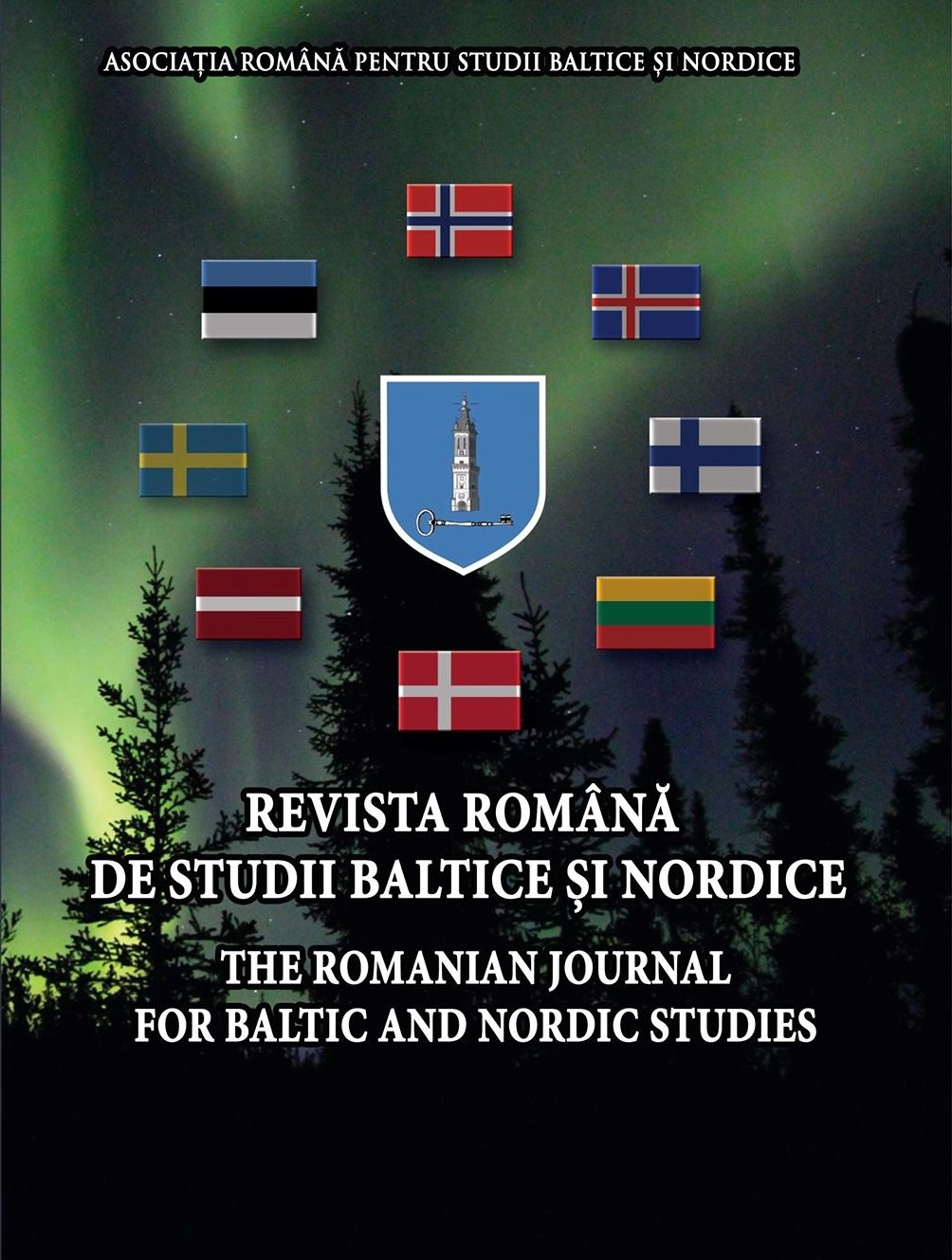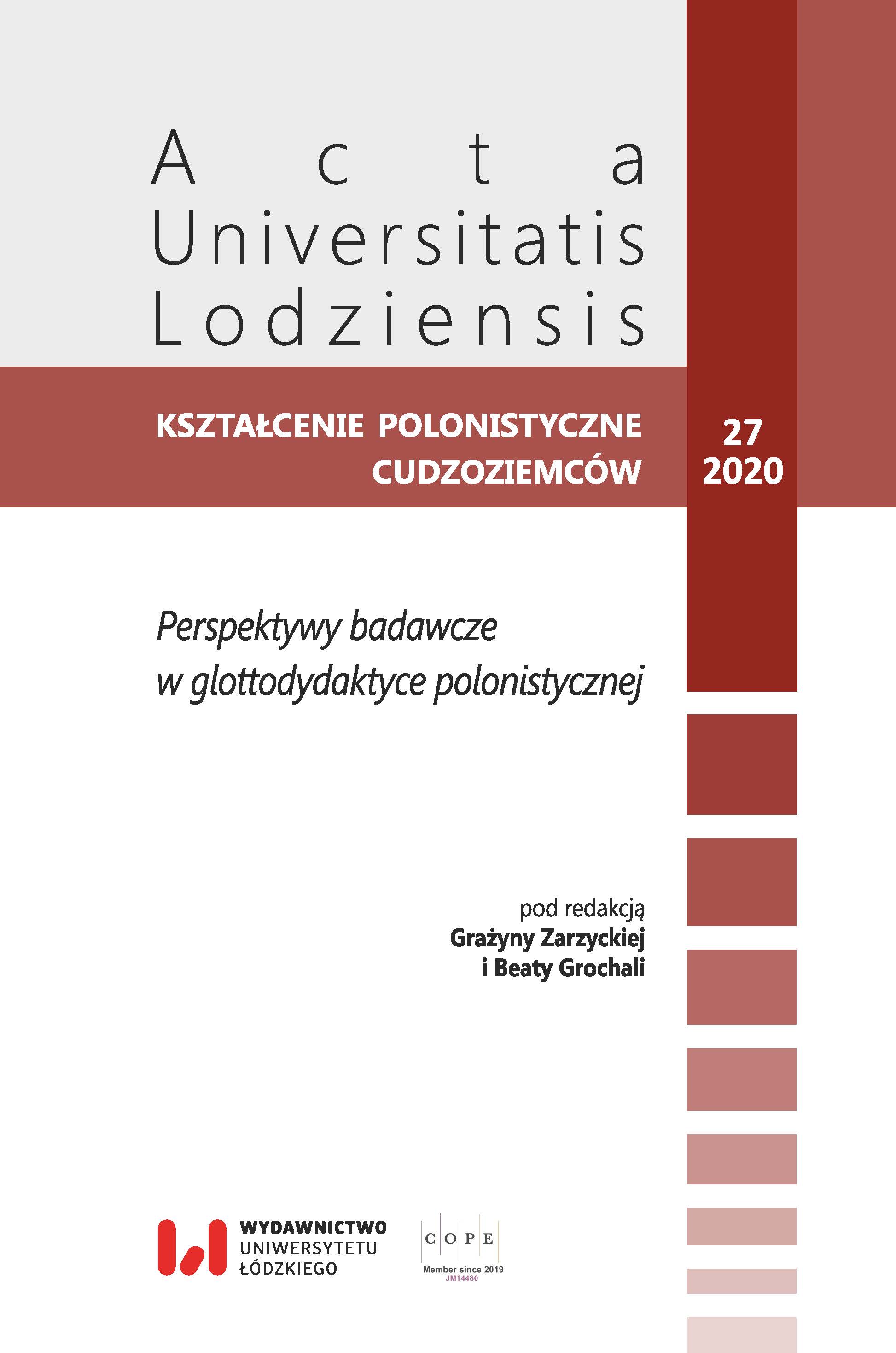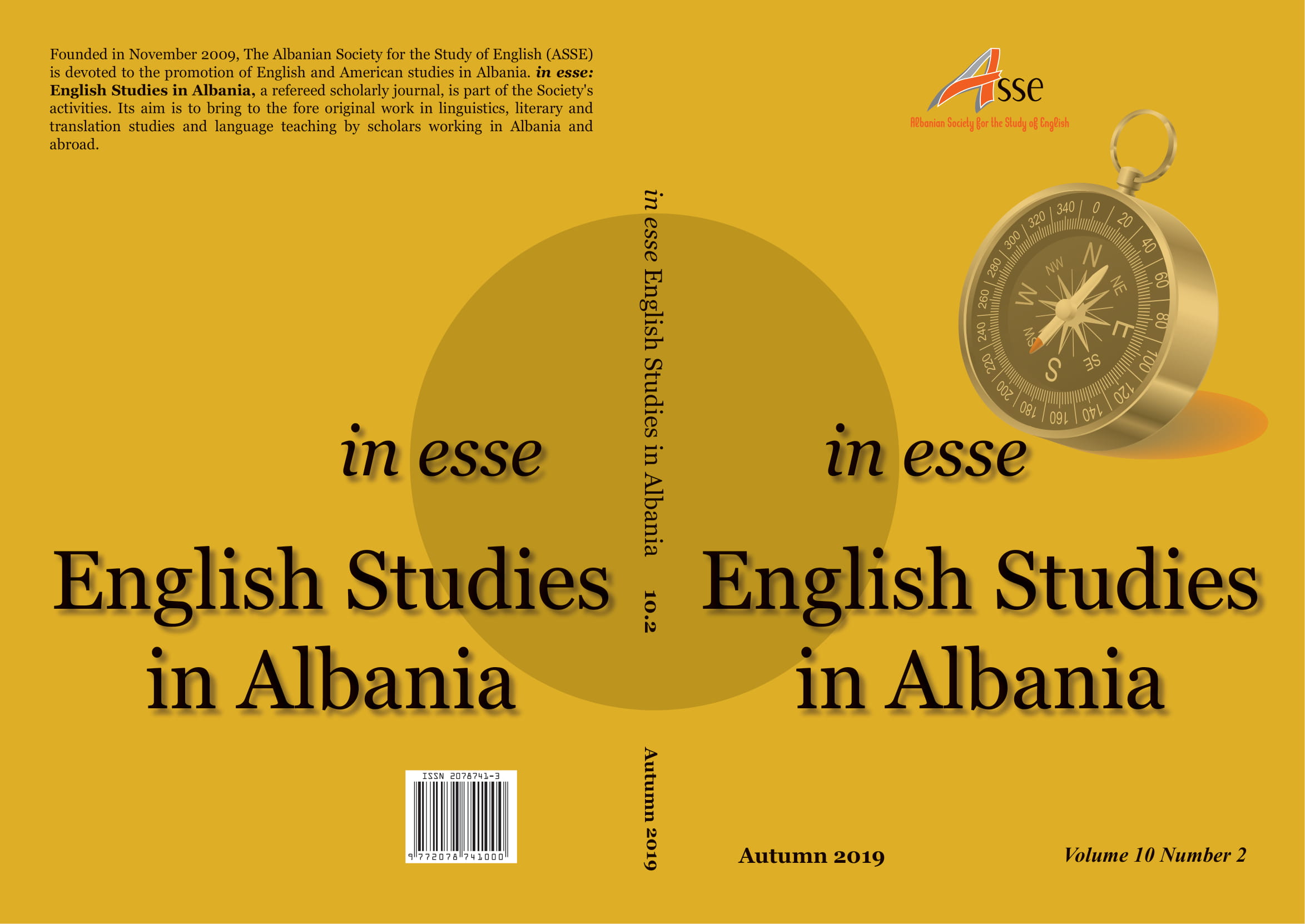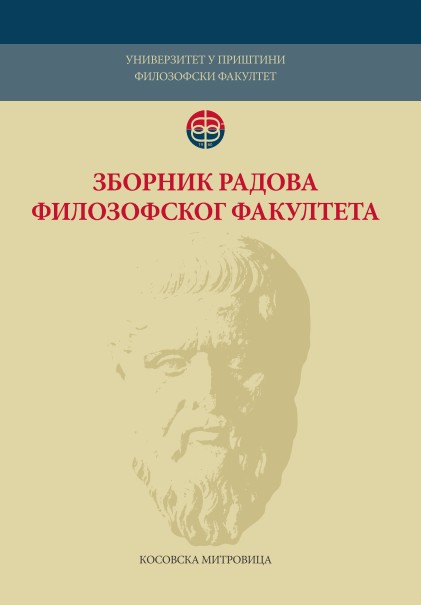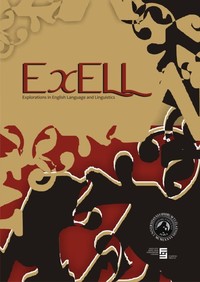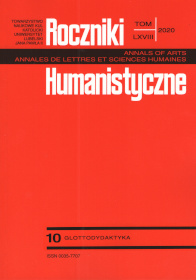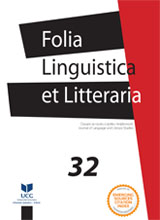Author(s): Danijela Đorđević,Zoran Pavlović M.,Tijana Vesić Pavlović / Language(s): Serbian
Issue: 4/2020
Online classes are not a brand-new concept in teaching languages. The use of Internet and different applications and platforms in everyday life all probably contributed to recognizing online classes as a convenient way for language teaching. There has been a plethora of research on online classes, their benefits and weaknesses, as well as on students’ attitudes towards this type of learning. Since there are many benefits of integrating online materials into language teaching programmes, some language practitioners are eager to use these regularly, whereas some still hesitate and use this type of teaching rarely or not at all. However, the year 2020 forced all university teachers to conduct online classes due to the COVID-19 pandemic, since it was impossible to conduct face-to-face instruction in classroom setting. This opened up new possibilities, but brought about various problems as well. Having all this in mind, this paper aims to show how university students perceived the online classes of English during the declared national state of emergency in Serbia. These particular students attended online English classes at the Faculty of Agriculture, University of Belgrade, in the spring semester of 2020. An extensive, online questionnaire designed for the purposes of the study was used to examine students’ opinions on various aspects of online classes, their assessment of important technical, contextual, and psychological factors in the process, as well as their motivation to participate in online classes. The results of the analysis show that the respondents were highly motivated for this type of English language classes. They predominantly positively assessed practically all analyzed aspects of online classes, including the observed equivalence of knowledge acquired in face-to-face and online classes, as well as the equal interactivity of both types of classes. The level of self-assessed digital literacy of respondents was fairly high, which must have helped students to a great extent in successively attending the classes. As for the main advantage of online classes, most respondents stated that they were able to attend classes from home, which saved their time and facilitated communication. They also liked the atmosphere in online language classes. The most commonly stated disadvantage of this type of classes is poor internet connection, followed by the related interruptions of sound and video. The dominant attitude of the respondents was that English classes at the university should be conducted as hybrid courses, which implies that they should be a combination of face-to-face teaching and online classes.Although small-scale, the findings of this pilot research can help pinpoint the weaknesses of online classes, as well as offer useful suggestions aimed at improving them in the future. For instance, since students mostly use their mobile phones to attend online classes, it would be convenient for the class activities to be accessible and manageable through different social media apps. Still, it may be argued that the findings are limited in scope since the study was conducted on the sample of students of only one faculty of the University of Belgrade; additionally, it explored the experience with only one online course these students attended. Therefore, the research may be expanded by exploring the potential of online classes in different subject courses, as well as at other faculties.
More...
